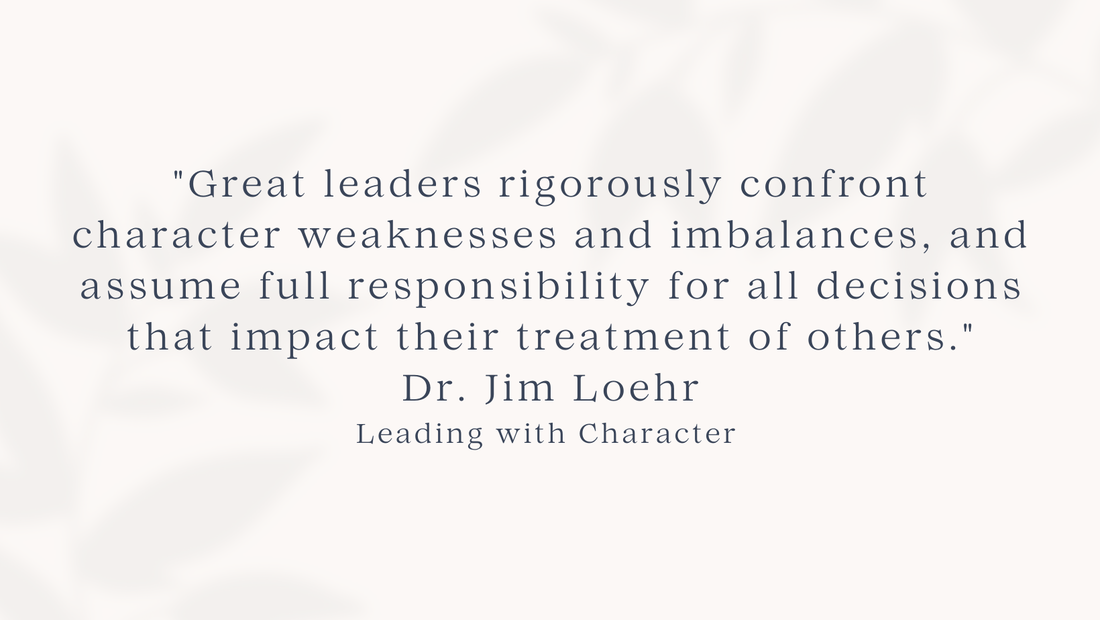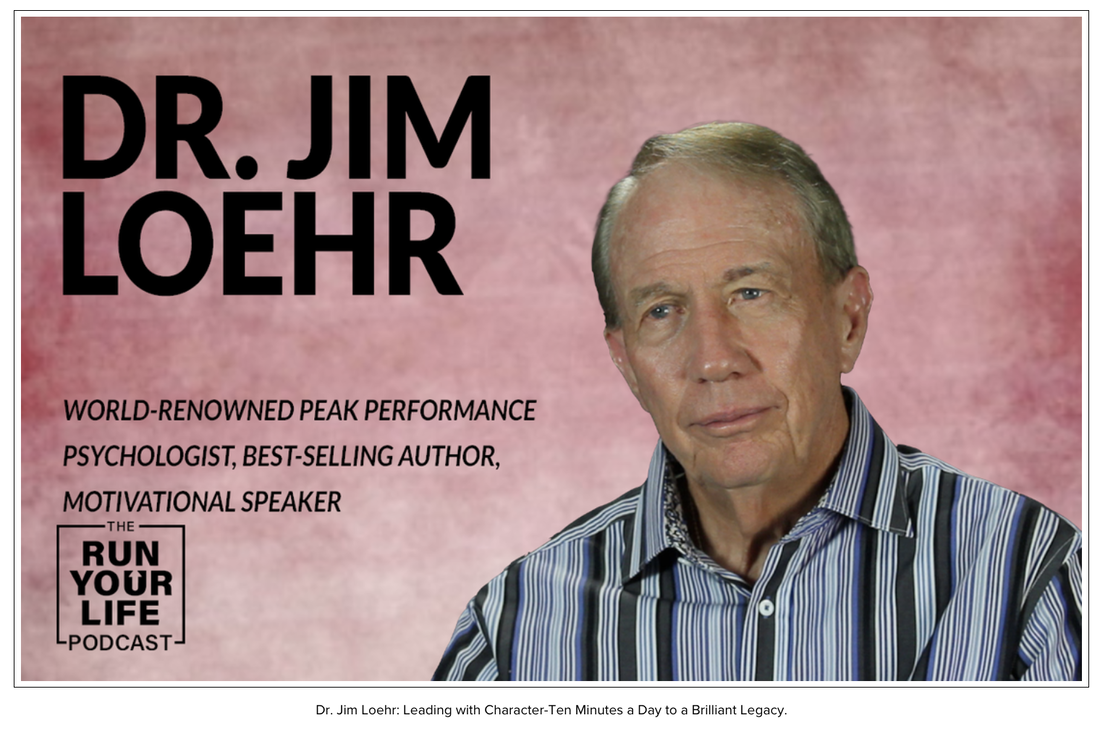|
According to research done by the Harvard Business Review, the best leaders are the ones who know, with absolute precision and clarity, what their core values are.
These leaders are always able to vet every decision that they make or action they take through their core values. The work of Dr. Jim Loehr, a well-known performance psychologist, has also shown that the most impactful leaders are the ones who are always willing to do the deep internal work necessary to stay aligned to their core values. It is through this deep internal work that the most impactful leaders embark on a lifelong process of redefining, re-calibrating, and re-evaluating their approach to leadership. In Dr. Loehr’s own words: “The failure to allow sufficient time for intentional, soulful, reflective pauses guarantees failure to lead with character.” The starting point for any leader aspiring to do great work is to begin with identifying what one’s core values are. What really drives them? What values do they connect most deeply with? How do they want to show up in the world? Through which lenses will they strive to do their very best work as a leader? How will they hold themselves accountable for staying aligned to their core values? How will they treat those who they serve? These are the types of questions that great leaders are willing to grapple with. Dr. Loehr has seen many leaders who start out genuinely wanting to make a real difference and impact in their organization. These types of leaders have the very best of intentions and initially do very good work. But, slowly over time, they lose sight of their core values and begin to make decisions or take certain actions that do not reflect their most precious values. Rather than towing the line, they move further from it. According to Dr. Loehr, the once well-intentioned, impactful leader becomes complacent, mis-aligned, stressed out, and unable to stand up for what they truly believe in because they have gravitated so far away from their own core values, they no longer even know what they are. They no longer have the anchor point necessary to vet the decisions they make or actions they take. It becomes a cover-up, bandaid type of approach that results in the organization slowly bleeding out. Loss of morale, motivation, inspiration, and purpose dictate the mood in the workplace. To most people in the organization, their work becomes ‘just a job that has them punching in and punching out each day’. Sure they might still want to do good work, but the jagged, sharp edges of tension, frustration, and disappointment oftentimes catches them in their tracks preventing any kind of genuine growth and learning. As a result, people lose trust in leadership, withdrawal, and fail to be as committed as they once were to organization. According to evidence, the domino effect that mis-aligned leadership has on the organization can take years to recover from and greatly impacts future recruiting. The evidence clearly shows that this is happening in many organizations around the world. However, the organizations that know how to pivot, adjust, weather the storm, overcome hardship, and inspire their people are the ones that are led by leaders who stand behind and stay aligned to their core values. It takes deep courage and bravery for these types of leaders to stay aligned but they know that their ultimate source code for leading with character is staying grounded in their core values at all times. Leadership is a just a title, but being a great leader is a tough slog full of ups, downs, and relentless challenges. To any leader reading this (or aspiring leader): To what extent do you know with clarity and precision what your core values are? In knowing yourself and your context, what gets in the way of you staying aligned to these core values? And lastly, what might you need to give up in order to stay aligned to your core values? As always, these posts are meant to provoke deep thought about leadership. I don’t have the answers myself, but have committed myself to learning as much as I can about what it takes to be a great leader. And with this learning, I must challenge myself to actually apply what I've learned and do the hard work necessary to keep evolving, growing, and developing myself as a leader. Hope these posts help you to reflect on your leadership as well. Thanks for reading. On a side note, if you are interested in learning more about Dr. Jim Loehr's work, you can click the link below to hear a podcast I recorded with him last year.
0 Comments
Leave a Reply. |
AuthorKAUST Faculty, Pedagogical Coach. Presenter & Workshop Leader.IB Educator. #RunYourLife podcast host. Archives
September 2022
|
- Welcome
- All Things Teaching and Learning
- The Aligned Leader Blog
- Consulting and Coaching Opportunities
- My TED X Talk
- My Leadership Blog
- Run Your Life Podcast Series
- How PYP PE with Andy Has Helped Others
- Good Teaching is L.I.F.E
- The Sportfolio
- Example Assessment Tasks
- PYP Attitude Posters (printable)
- Publications


 RSS Feed
RSS Feed
